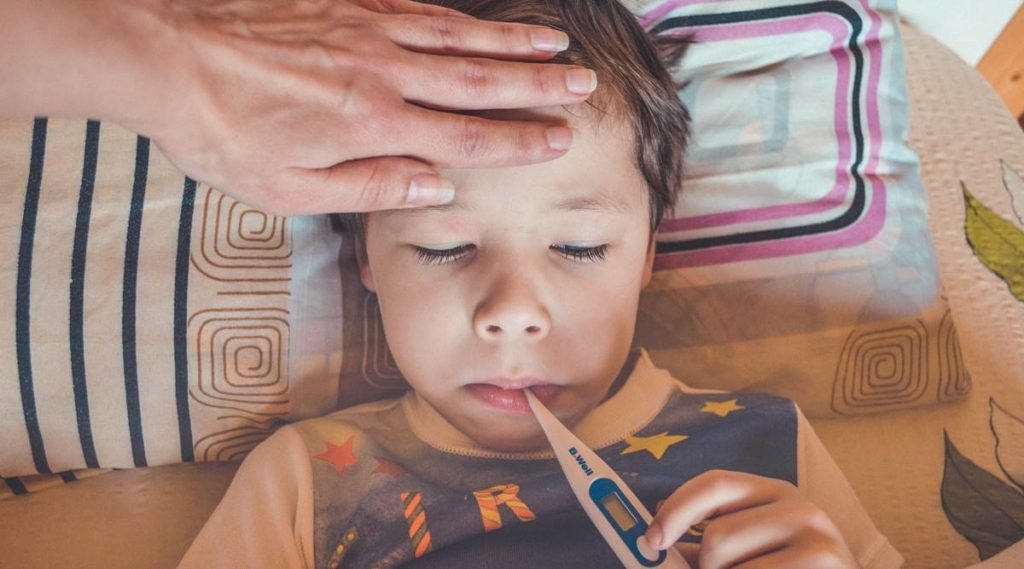Of the many complications that have been introduced by the Covid-19 pandemic, MIS-C is a severe case seen in children, which leaves them in a severe condition of disability. The full form of MIS-C is a multisystem inflammatory syndrome that is directly linked to Coronavirus disease2019. In this condition, multiple organs of the child’s body get inflamed and these include the heart, kidneys, lungs and brain.
What Is MIS-C And How Soon Can It Be Cured?
Children do experience pain and several symptoms like vomiting, diarrhea, abdominal (gut) pain, neck pain, rash, bloodshot eyes, or feeling extra tired. Children are often hospitalized to avoid the conditions from worsening and need to be under constant supervision to avoid complications. In every case, the child has been a Covid patient or in touch with someone with Covid-19 infection.

A small study published on The Lancet Child and Adolescent Health has found out the data related to such cases and the study shows that one can expect the child to recover within six months of the first date of hospitalization. The study shows that out of 46 children who were admitted for MIS-C or PIMS-TS (Pediatric Inflammatory Multisystem Syndrome) as it is known in UK, most of the children were recorded to be normal and in sound medical condition till after six months of being discharged from the hospital.
The six months was considered as the follow-up period post-discharge, and the study studied half a year worth of data. Out of these children, eighteen kids had minor neurological disorders, mild enough to let them go ahead with their daily activities. Two of the kids had heart abnormalities and one child had systematic inflammation. It was also seen that there were developmental delays in children with MIC-S. In the study18 children were seen to be at the lowest of their developmental growth statistics.
“Family trauma and anxiety were prominent in our cohort as a direct consequence of the affected child’s illness and familial association with a Covid-19 case,” the study published. Mental health issues were an important part of the study. Also, it was revealed that due to constant tiredness and fatigue, some kids could not exercise regularly. This fact called for close monitoring of the daily lives of these children. The study is also only based on patients of one hospital. As is with every pandemic, a direct impact is seen in the future generations and there can be no doubt that this study needs to be taken further across hospitals in the US. The expansion will help understand changes in body types of children who once suffered from MIC-S and then grew up to be adolescents.
On the bright side, the study is indicative of more than just the effect of Covid in children, but also adults. “These findings can hopefully signal cautious optimism that many of the most severe effects of (MIS-C) appear to resolve within six months,” said study co-author Dr. Justin Penner who is employed with the pediatric infectious disease department at Great Ormond Street Hospital. However, the persisting fatigue, difficulty exercising, and mental health effects we saw in some children, which can interfere with daily lives, must be closely monitored and patients should continue to be supported by medical teams with a range of specialisms.”
This hard data is encouraging, as claimed by Dr. Bernhard Wiedermann, infectious disease specialist at Children’s National Hospital in Washington, DC. According to him, the same fact that organ failure or systematic organic damage was not a direct consequence of Covid, a fact that is very assuring for the pediatricians in his health system, which is also working in tandem with the National Institutions of Health to study the long haul of these conditions. “It’s much too early for us to say anything about the more neuro-psychological things; it’s been just a little over a year since we had our first case,” Wiedermann said. “But in general, most kids are doing pretty well.”
